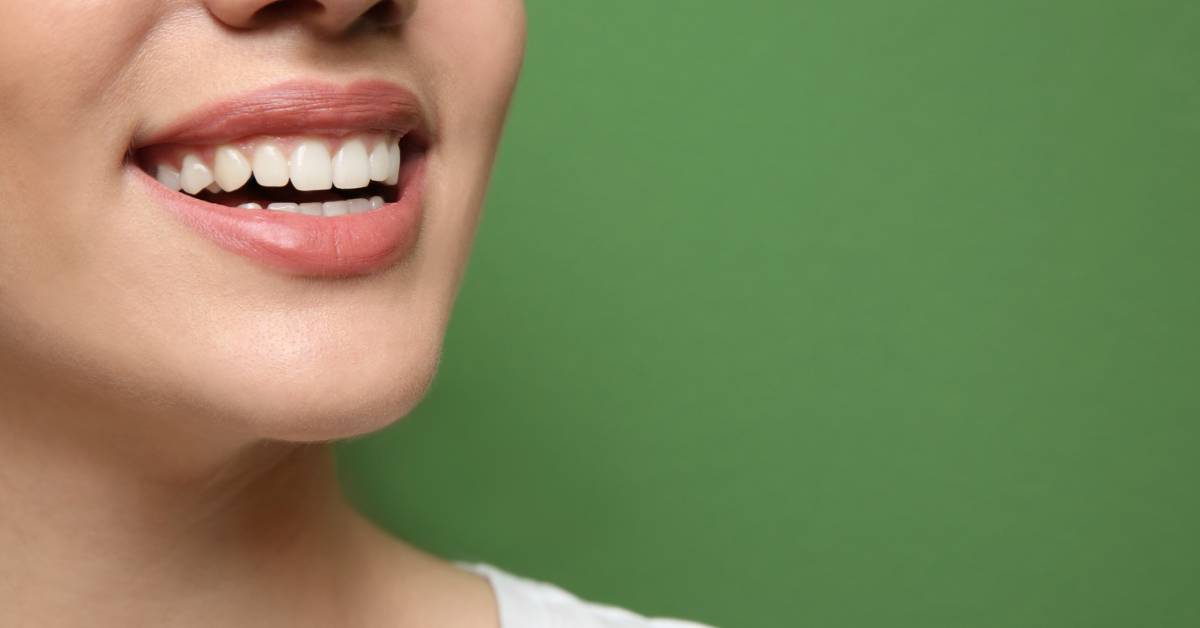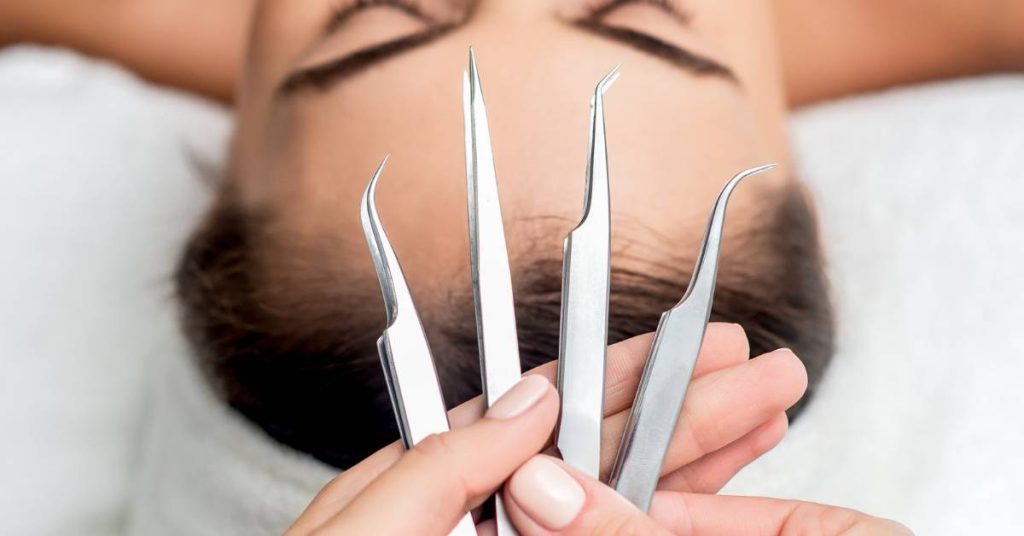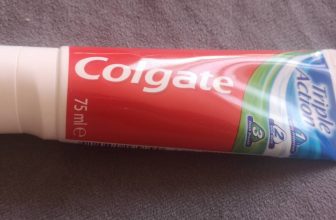
If you’ve noticed some hard, yellowish buildup on your teeth, you might be wondering if you can scrape it off with tweezers. Tartar, also known as dental calculus, is a hardened form of plaque that a dental professional can only remove. Attempting to remove it yourself can cause damage to your teeth and gums.
While it may be tempting to try to remove tartar at home, it’s important to understand that doing so can be harmful to your oral health. Using tweezers or other sharp tools to scrape at your teeth can cause scratches or even chips in your enamel, which can lead to tooth sensitivity and other issues. Additionally, if you accidentally injure your gums while attempting to remove tartar, you could be at risk for infection or other complications.
Why You Should Not Scrape Tartar Off Your Teeth

If you’re considering scraping tartar off your teeth with tweezers, you should know that it’s not a good idea. Tartar is a hard, calcified deposit that forms on your teeth when plaque is not removed. While it’s important to remove tartar to prevent gum disease and tooth decay, scraping it off with tweezers can do more harm than good.
1. Damage to Teeth and Gums

Scraping plaque with tweezers can cause damage to your teeth and gums. Tweezers are not designed for dental cleaning, and they can easily slip and scratch the enamel on your teeth or damage your gums. This can lead to tooth sensitivity, cavities, and gum disease.
2. Risk of Infection
Scraping plaque with tweezers can also increase your risk of infection. If the tweezers are not properly sterilized, they can introduce harmful bacteria into your mouth, leading to infections. Infections can cause pain, swelling, and even tooth loss.
3. Spread of Plague
Scraping plaque with tweezers can also spread the plaque to other parts of your mouth. Plaque is made up of bacteria, and if you scrape it with tweezers, you can spread the bacteria to other teeth and gums. This can lead to more plaque buildup and increase your risk of gum disease and tooth decay.
Effective Plaque Removal Methods

When it comes to removing plaque from your teeth, there are several effective methods that you can use. These methods include brushing and flossing, professional dental cleaning, and using an antibacterial mouthwash.
Brushing and Flossing
Brushing and flossing are the most important methods for removing plaque from your teeth. When you brush your teeth, make sure to use fluoride toothpaste and brush for at least two minutes. Brush all surfaces of your teeth, including the front, back, and chewing surfaces. Don’t forget to brush your tongue, too, as it can harbor bacteria that cause bad breath.
Flossing is also important for removing plaque from between your teeth and along your gum line. Use about 18 inches of floss and wrap it around your middle fingers, leaving about two inches of floss between your hands. Gently slide the floss between your teeth and use a back-and-forth motion to remove plaque. Be sure to use a fresh section of floss for each tooth.
Professional Dental Cleaning
Even with regular brushing and flossing, some plaque may still remain on your teeth. That’s why getting a professional dental cleaning at least twice a year is important. During a dental cleaning, a dental hygienist will use special tools to remove plaque and tartar from your teeth. They will also polish your teeth to remove surface stains and leave your teeth feeling smooth and clean.
Antibacterial Mouthwash
Using an antibacterial mouthwash can also help remove plaque and prevent it from returning. Look for a mouthwash that contains ingredients like chlorhexidine or cetylpyridinium chloride, which can kill bacteria and reduce plaque buildup. However, it’s important to note that mouthwash should not be used as a substitute for brushing and flossing.
In conclusion, brushing and flossing, professional dental cleaning, and using an antibacterial mouthwash are all effective methods for removing plaque from your teeth. Incorporating these methods into your oral hygiene routine lets you keep your teeth healthy and free of plaque buildup.
Scraping Plaque Off Teeth with Tweezers: A Risky and Ineffective Approach
Do you have a stubborn build-up of plaque on your teeth that won’t seem to go away? You may be tempted to take matters into your own hands and use metal objects like tweezers to scrape off the plaque. However, before you do, it’s important to understand the potential risks and dangers associated with this DIY approach.
While it may seem like a quick and easy solution, scraping plaque off your teeth with tweezers can actually do more harm than good. Not only can it damage your tooth enamel and gums, but it can also lead to infection and other serious dental problems. It’s important to leave the scraping to the professionals and instead focus on practicing good oral hygiene habits to prevent plaque build-up in the first place.
If you’re concerned about plaque on your teeth, the best course of action is to schedule an appointment with your dentist or dental hygienist. They can assess the extent of the build-up and recommend the most appropriate treatment options. In the meantime, be sure to brush and floss regularly and avoid sugary and acidic foods and drinks that can contribute to plaque formation. Remember, taking care of your teeth is an investment in your overall health and well-being.
Frequently Asked Questions
You likely have some questions if you’re considering scraping plaque off your teeth with tweezers. Here are some frequently asked questions to help you make an informed decision.
Can scraping plaque off teeth with tweezers damage teeth or gums?
Yes, scraping plaque off your teeth with tweezers can cause damage to both your teeth and gums. The sharp edges of the tweezers can scratch the enamel on your teeth, leading to tooth sensitivity and other issues. Additionally, the pressure applied by the tweezers can cause damage to your gums, leading to bleeding and inflammation.
What is the best way to remove plaque from teeth?
Practicing good oral hygiene is the best way to remove plaque from your teeth. This includes brushing your teeth twice daily with fluoride toothpaste, flossing at least once daily, and using mouthwash to kill bacteria. Additionally, visiting your dentist regularly for cleanings and checkups is important.







